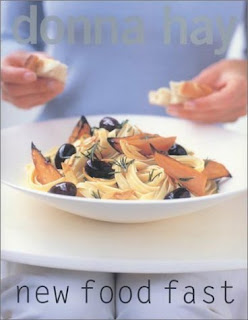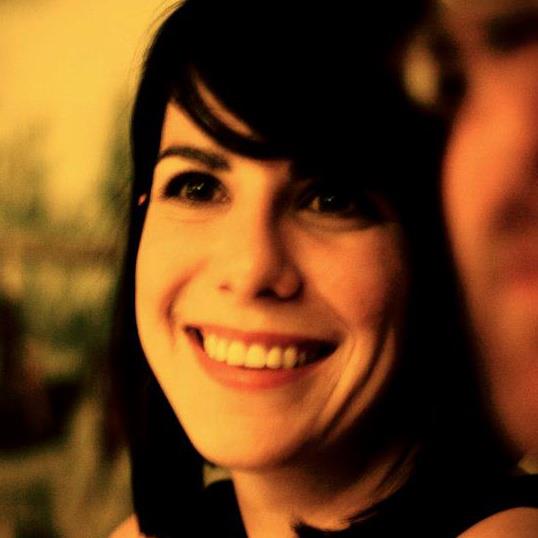
As you will know if you have read my post on Troublesome Words, I adore Bill Bryson. He is probably the funniest writer that I have ever read, and I tend to get stared at when I read his books, because I look a little nutty laughing hysterically to myself. One of my fondest memories is sitting in the landing sitting-room at the Blomidon Inn in Wolfville, NS, drinking champagne and reading Bryson. Come to think of it, I think I was actually reading this book. Being a bit of a book addict, I try not to buy too many books (I'm up to six or seven bookshelves full), but I own every book that Bryson has written because I know that I'll read them over and over.
A Walk in the Woods is Bryson's account of his somewhat misguided decision to walk the whole of the Appalachian Trail, from Maine to Georgia, in order to reacquaint himself with America after twenty or so years living in England. Although there is no definitive answer to how long the AT really is, it is certainly over 2,000 miles, and must of that is through mountains and tough terrain. If you've ever seen a photo of Bryson (here's one if you haven't), you'll know that he's not exactly the most fit and athletic person around. He's kind of portly, in a jolly way, and not the kind of granola-munching MECer that you'd think would tackle a thru-hike on the AT. However, off he went with a college friend Katz, and the results are hilarious.
Bryson is, as well as being interested in travel and language, very into science (another one of my favourite books is his A Short History of Nearly Everything, which I'm going to have to reread and review soon, I am so evangelical about it) and so not only is A Walk in the Woods about hiking, it is also about the landscape and natural environment of the places that he hiked through. I love Bryson's meshing of information and fun, and of course, his knack for gut-busting turns of phrase. Needless to say, as you might guess from the photo and my description of him, Bryson and Katz didn't actually walk the entire AT, but they gave it the college try, and their efforts are some of the best reading that I can recommend. And if you're up for something longer, pick up A Short History. His depictions of the great men of science are wonderfully irreverent, and never will you find natural history so enthralling and funny.










